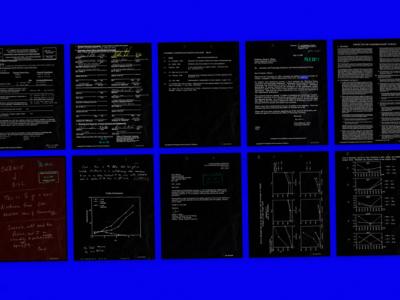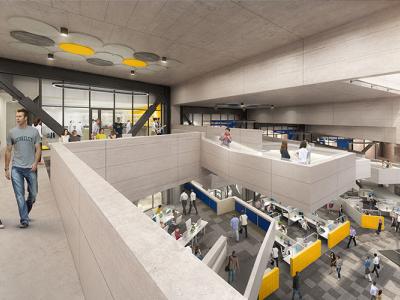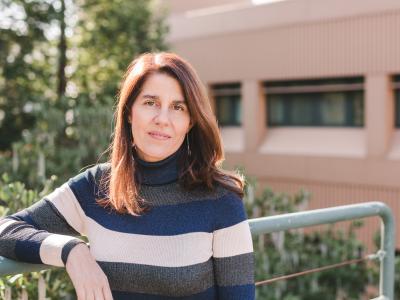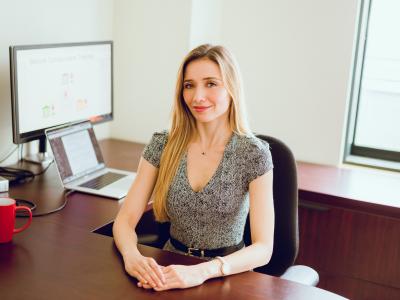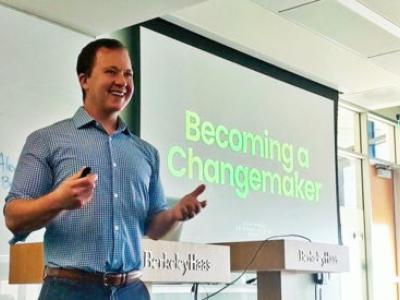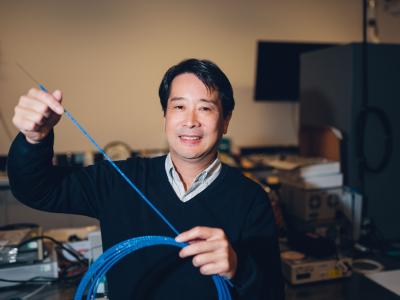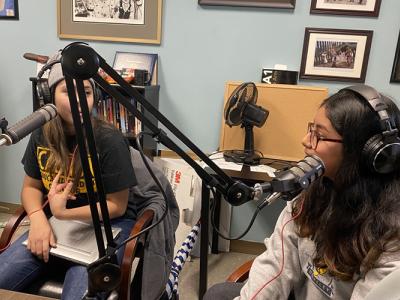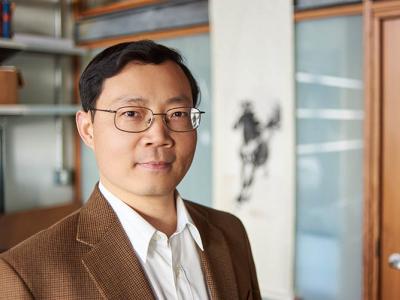Silencing the Silencer: a new strategy to fight cancer
Russell Vance, PhD, Professor of Immunology and Pathogenesis in the Department of Molecular and Cell Biology, studies the immune system’s production of Interferons, a type of protein that normally helps trigger the immune response to viruses. With support from the Bakar Fellowship Program, he is developing a way to disable cancer’s ability to block interferon production.



